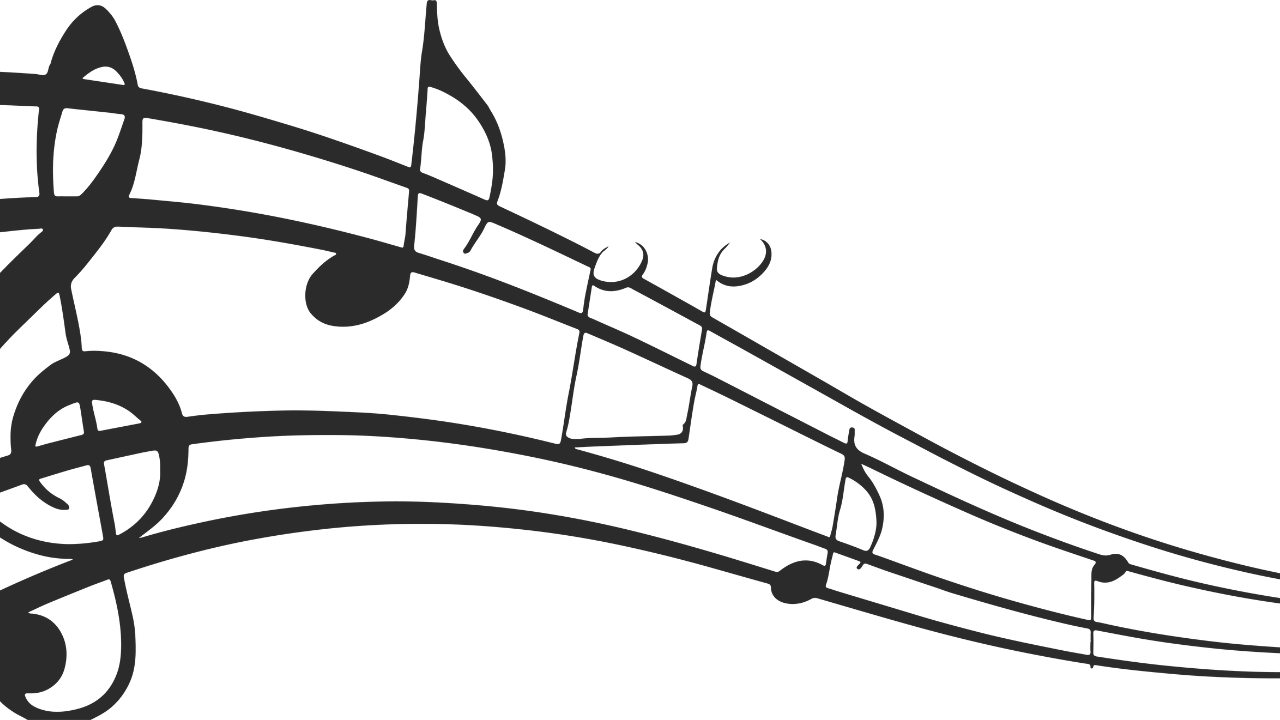Dynamic vs. Condenser Mics: Which Is Best for Singing?

Choosing the right microphone can make or break your vocal performance. Whether you’re a budding artist recording at home or a professional preparing for a live concert, understanding which mic is best for singing is crucial. Two main contenders dominate the market: dynamic and condenser microphones. But how do they differ? And how do you pick the one that suits your style? Let’s explore.
The Basics: Dynamic and Condenser Microphones
Dynamic microphones are robust, reliable, and perfect for live performances. They are designed to handle high sound pressure levels, making them ideal for energetic vocals or loud stages. On the other hand, condenser microphones are known for their sensitivity and detail. They are often the first choice for studio recordings, capturing even the subtlest nuances of a singer’s voice.
Understanding the strengths and weaknesses of these two types will help you determine which microphone is best for singing, whether you’re belting out power ballads or recording delicate melodies.
Features of Dynamic Microphones
- Durability and Build Quality
Dynamic mics are built to last. They can withstand rough handling, making them perfect for touring artists who perform live regularly. This durability ensures that they remain functional even in challenging environments, such as outdoor concerts or packed venues. - Sound Reproduction
These microphones tend to emphasize midrange frequencies, which help vocals stand out in a mix. If you’re performing live, dynamic mics like the Shure SM58 are industry favorites because they effectively reject background noise. - Price Range
If you’re a beginner wondering what are the best microphones for singers, dynamic options are budget-friendly. They provide excellent performance without breaking the bank, especially for live settings.
Features of Condenser Microphones
- High Sensitivity and Detail
Condenser mics are unmatched when it comes to capturing intricate vocal details. This makes them a go-to choice for studio recordings. For instance, the Audio-Technica AT2020 is often recommended for its clarity and precision. - Wide Frequency Response
These microphones are highly responsive to a wide range of frequencies, making them suitable for capturing the depth and warmth of a singer’s voice. If you’re focused on recording ballads or acoustic genres, condensers are the best microphones for recording vocals. - Phantom Power Requirement
Unlike dynamic microphones, condensers require an external power source, known as phantom power, to operate. This adds a layer of complexity but is manageable in a studio setting.
Which Mic Is Best for Singing Live?
When performing live, a dynamic microphone is usually the better choice. These microphones are designed to handle the unpredictable nature of live performances. They minimize feedback and prioritize vocal clarity even in noisy environments.
For singers asking, “What mic should I use for live singing?”, the answer is often straightforward: go for a dynamic mic. Popular models like the Shure SM58 or Sennheiser e835 offer excellent sound quality and durability.
Which Mic Is Best for Recording in a Studio?
In a controlled studio environment, condenser microphones shine. Their ability to capture every subtle inflection and tone makes them the ideal tool for recording vocals. If you’re aiming to record crisp, professional-quality tracks, a condenser mic is the best mic for singing and recording.
For beginners, the Rode NT1-A is an affordable option that delivers exceptional clarity. Advanced users might consider high-end models like the Neumann TLM 103 for unparalleled detail.
Key Considerations When Choosing a Microphone
- Purpose
Are you recording or performing live? Understanding your primary use will help you choose which mic is best for singing in your specific context. - Budget
Dynamic microphones are generally more affordable, making them a great starting point for new singers. However, if your goal is studio-quality recordings, investing in a condenser mic is worth the extra cost. - Vocal Style and Genre
Singers with powerful voices often lean toward dynamic mics for live performances, while those specializing in softer, intricate styles prefer condenser mics for their superior detail.
What Are the Songs to Test Your Microphone?
When testing microphones, the type of song you choose matters. Here are a few suggestions based on genre:
- Pop and Ballads
Songs like Adele’s “Hello” or Billie Eilish’s “Ocean Eyes” are perfect for testing a condenser microphone’s ability to capture emotional depth. - Rock and Metal
Dynamic mics are ideal for songs like Queen’s “We Will Rock You” or Linkin Park’s “Numb,” which require handling high sound pressure levels. - Acoustic and Folk
Tracks like Ed Sheeran’s “Perfect” or Simon & Garfunkel’s “The Sound of Silence” allow you to evaluate how well the mic captures subtle details. - Live Performances
Test with energetic songs like Bruno Mars’s “Uptown Funk” to see how dynamic mics perform in noisy environments.
By selecting songs that showcase various vocal ranges and styles, you can better understand what is the best mic for singing in your preferred setup.
Final Thoughts: Which Mic Is Right for You?
In summary, the answer to which mic is best for singing depends on your specific needs:
- For live performances, a dynamic mic is your best bet.
- For studio recordings, a condenser mic offers superior quality.
Ultimately, understanding what mic suits your singing style and testing it with appropriate songs will help you make an informed decision. Whether you’re recording soulful melodies or belting out anthems on stage, the right microphone is essential for delivering your best performance.







